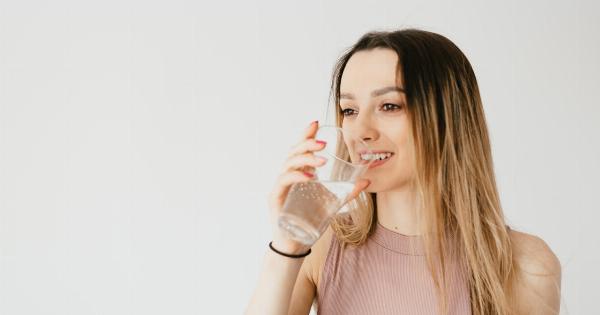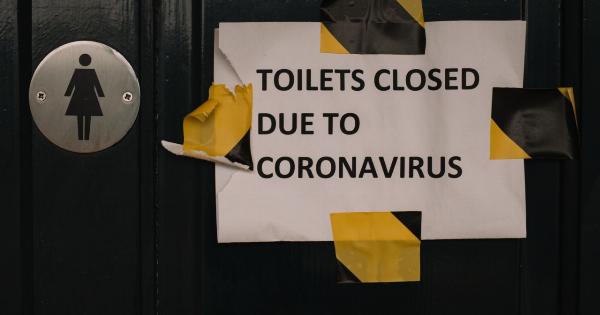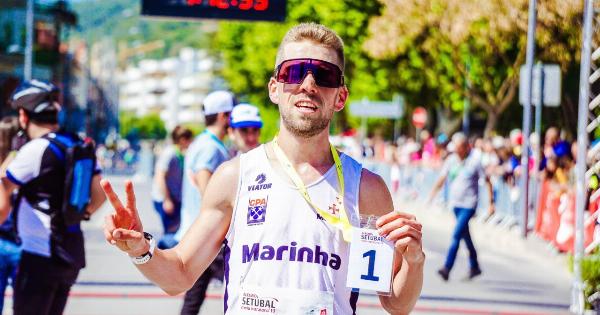Staying properly hydrated is essential for maintaining overall health and well-being. However, there are several myths and misconceptions surrounding hydration that can lead to confusion.
In this article, we will debunk these hydration myths and provide you with the facts you need to know.
Myth #1: You Only Need to Drink Water When You’re Thirsty
It is a common belief that you should only drink water when you feel thirsty. However, by the time you experience thirst, your body is already in a state of dehydration. Thirst is a signal that your body needs water, but it is not an early warning sign.
To stay hydrated, it is crucial to drink water regularly throughout the day, even if you don’t feel thirsty.
Myth #2: All Fluids are Equally Hydrating
While it’s true that all fluids can contribute to hydration, not all are equally effective. Water is the best option for replenishing fluids as it is calorie-free, easily absorbed by the body, and doesn’t contain additives or sugars.
Other beverages like coffee, tea, and soda can have a diuretic effect, leading to increased urine production and potential dehydration.
Myth #3: You Can’t Drink Too Much Water
While it is essential to stay hydrated, overhydration can be just as dangerous as dehydration. Drinking excessive amounts of water can lead to a condition called hyponatremia, where the concentration of sodium in the blood becomes dangerously low.
Signs of hyponatremia include nausea, headache, confusion, seizures, and, in severe cases, coma or death. It is crucial to listen to your body’s cues and drink an appropriate amount of water for your needs.
Myth #4: Caffeinated Beverages Dehydrate You
Contrary to popular belief, moderate consumption of caffeinated beverages like coffee and tea does not cause dehydration.
While caffeine has a mild diuretic effect, the amount present in these beverages is not significant enough to contribute to dehydration. However, it is essential to note that excessive consumption of caffeine can lead to increased urine production, so moderation is key.
Myth #5: Sports Drinks Are Necessary for Hydration During Exercise
While sports drinks can be beneficial during intense or prolonged exercise, they are not necessary for most people during regular physical activity. For most individuals, water is sufficient to stay hydrated during exercise.
Sports drinks are designed to replenish electrolytes and provide carbohydrates for endurance athletes who engage in prolonged activity. For the average person, water is the best choice for maintaining hydration.
Myth #6: It’s Impossible to Stay Hydrated in Hot Weather
While it may be more challenging to stay hydrated in hot weather, it is not impossible. Your body loses more fluids through sweat in hot temperatures, making hydration even more crucial.
To stay hydrated in hot weather, increase your water intake and consider consuming fruits and vegetables with high water content, such as watermelon or cucumbers. Additionally, avoid alcoholic beverages as they can further dehydrate your body.
Myth #7: Thirst is a Reliable Indicator of Hydration Status
While thirst is one indicator of dehydration, relying solely on this sensation is not enough to gauge your hydration levels accurately. Thirst can be a delayed response, and by the time you feel thirsty, you may already be mildly dehydrated.
That’s why it’s essential to drink water regularly throughout the day, even if you don’t feel thirsty.
Myth #8: Herbal Teas and Infused Water Can Substitute Plain Water
While herbal teas and infused water can be hydrating, they should not substitute plain water entirely. Some herbal teas and infused waters may contain diuretic substances or excessive sugar, which can counteract the hydrating benefits.
It is best to consume these beverages in moderation and prioritize plain water as your main source of hydration.
Myth #9: You Can Rehydrate Quickly After Exercise
After exercise, your body needs time to rehydrate properly. It is not a quick process that can be accomplished in a few minutes.
Depending on the duration and intensity of your workout, it may take several hours or even longer to replenish the fluids lost through sweat. It is important to continue drinking water even after you have finished exercising to aid in the rehydration process.
Myth #10: Clear Urine Means You Are Fully Hydrated
While clear urine can be an indication of proper hydration, it is not the sole indicator. Many factors can affect urine color, including certain medications, vitamins, and certain foods.
Monitoring your urine color is a good way to gauge your hydration status, but it should be considered alongside other symptoms like thirst, fatigue, and dry mouth.






























